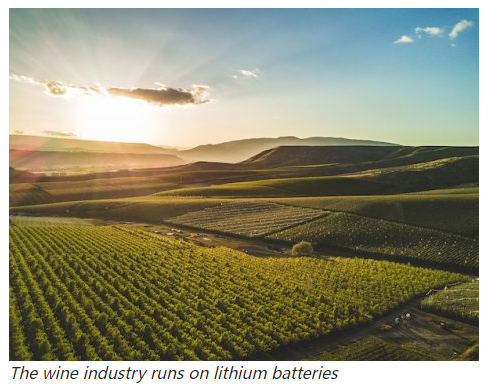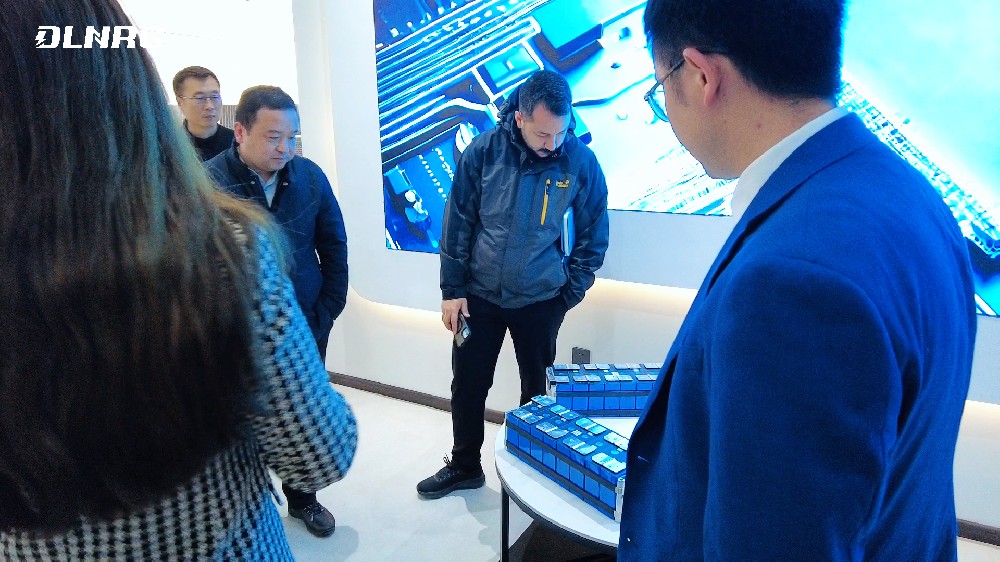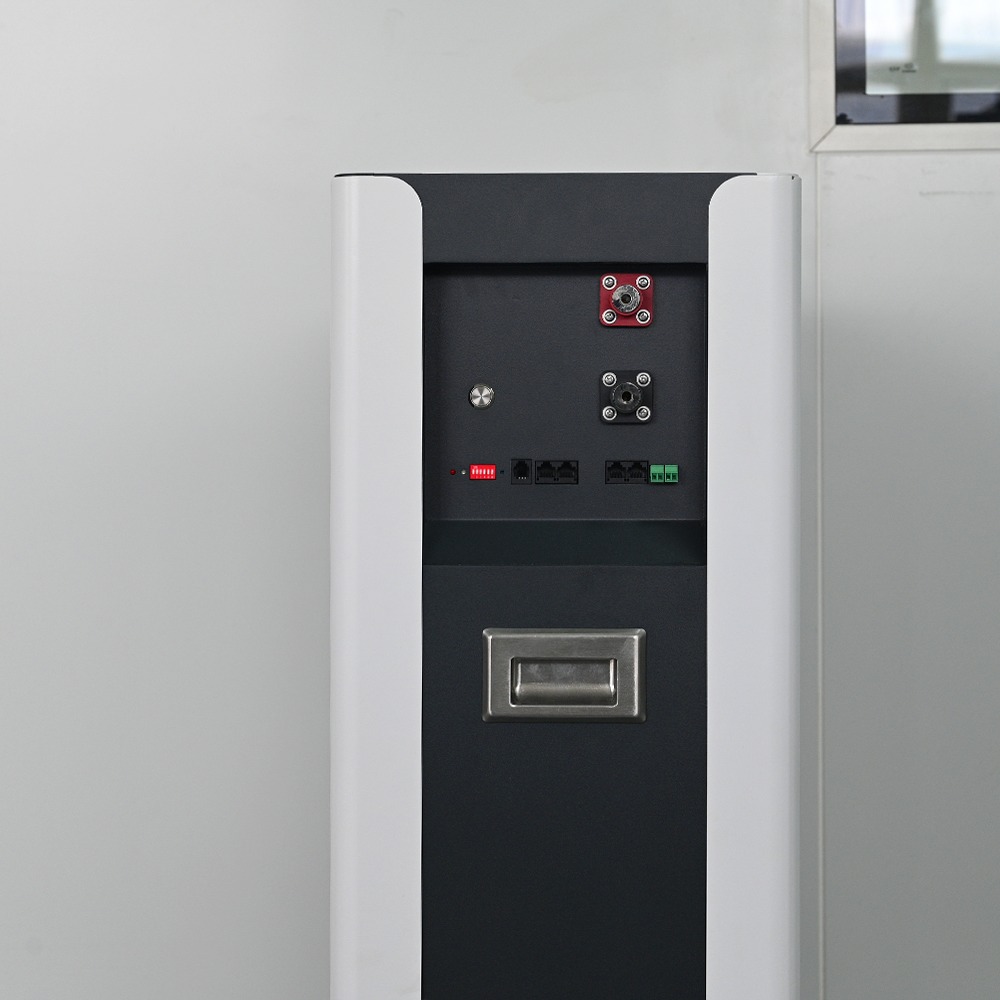Lithium-ion battery technology has demonstrated its unique advantages in many industries, and this advantage is particularly evident in the wine industry. The operating characteristics of the wine industry perfectly match the properties of lithium-ion batteries, making lithium-ion batteries an indispensable part of the industry.
1. Ideal for seasonal fluctuations
Operations in the wine industry are often affected by seasonal factors, such as the grape ripening and crushing seasons. This results in significant differences in equipment utilization over different time periods. Lithium-ion batteries, with their excellent standby performance and fast charging capabilities, are an ideal choice for coping with such seasonal fluctuations. In the off-season, the battery can wait for a long time in shutdown mode without losing capacity; in the peak season, through charging, the battery can run around the clock to ensure a smooth production process.
2. Meeting the needs of high hygiene standards
The wine industry has extremely high requirements for hygiene standards. As a non-toxic and pollution-free energy source, lithium-ion batteries fully meet this standard. Compared to lead-acid batteries, lithium-ion batteries do not produce harmful acid gas and leakage, thus reducing potential harm to the environment and operators. This makes lithium-ion batteries ideal for areas such as the wine industry where high hygiene standards are required.
3. Improve equipment utilization and operational efficiency
Intelligent management systems for lithium-ion batteries provide fleet managers with reliable power research data, including battery performance, health status and the timing of charging events. This data provides valuable insights for improving equipment utilization and can be further integrated with warehouse management software for more refined operations management. In addition, the versatility of lithium-ion batteries enables them to be adapted to a variety of professional equipment to meet the diverse operational needs of the wine industry.
4. Save cost and space
The adoption of lithium-ion batteries can also save a lot of cost and space for the wine industry. Allan Brothers, for example, saved nearly $500,000 in battery room construction and maintenance costs by switching its forklift fleet to lithium-ion batteries. The compact design and efficient energy conversion of lithium-ion batteries make battery rooms unnecessary, while also reducing the extensive labor and cost required for routine maintenance of lead-acid batteries.

V. Environmental protection and sustainable development
The environmentally friendly characteristics of lithium-ion batteries also make them the preferred choice in fields that focus on sustainable development, such as the wine industry. Due to better energy conversion, lithium batteries can consume up to 30% less power, saving energy and reducing the carbon footprint of operation. This helps the wine industry achieve its environmental goals and build a positive image for it in the minds of consumers.
In summary, lithium-ion batteries have become an ideal energy solution for the wine industry due to their unique advantages. It not only helps the wine industry cope with seasonal fluctuations, meet high hygiene standards, improve equipment utilization and operational efficiency, but also saves costs and space, and promotes environmental protection and sustainable development. With the continuous advancement of lithium-ion battery technology and the further reduction of costs, its application prospects in the wine industry will be broader.


